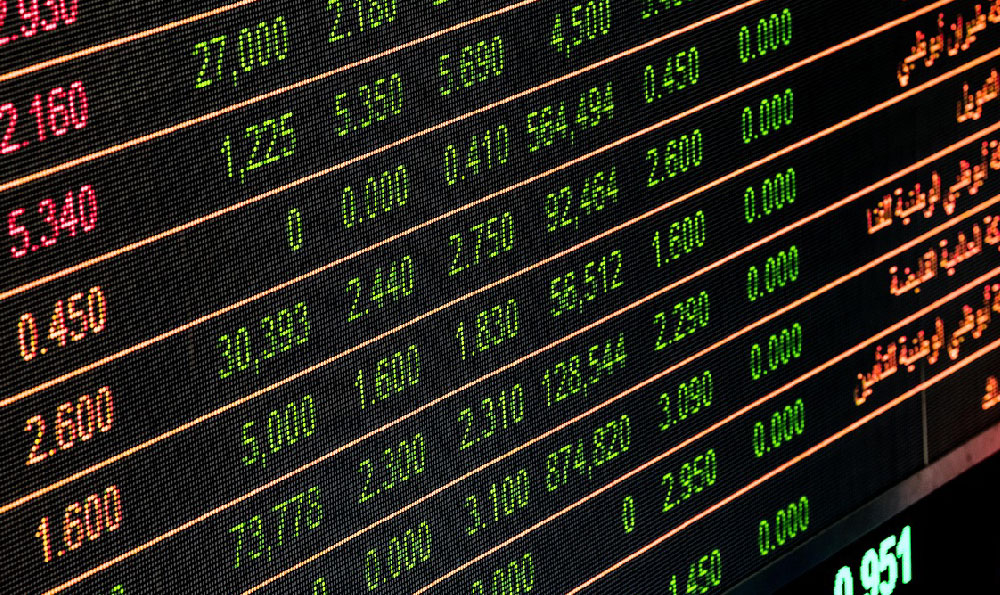The film "The Big Short" brought Michael Burry, the real-life investor who famously predicted the 2008 housing market collapse, into the global spotlight, but it's important to clarify what exactly he earned from the movie itself. As a character in the film, Burry's portrayal does not generate income for the individual, since the movie is a fictionalized account of his life and strategies. However, the broader question of how the film impacted his financial standing, or how investors and the public might relate to it, opens a rich discussion about the intersection of cinema, financial education, and real-world investment outcomes.
The movie, directed by Adam McKay, grossed over $393 million worldwide and became a cultural phenomenon that sparked widespread interest in the mechanisms of the 2008 financial crisis. While this figure reflects the box office success and the commercial value of the film, it's not directly tied to Burry's personal earnings. Yet, the film's narrative did amplify his public profile, leading to increased media coverage, speaking engagements, and a surge in his net worth. For instance, Burry's net worth reportedly rose from around $300 million in 2011 to over $500 million by 2018, a period coinciding with the film's release, though it's unclear if this increase was solely attributed to his investment successes. The film's acclaim and mainstream visibility likely played a role in raising his profile, which could indirectly influence his opportunities in the financial market.
Moreover, the film's impact extended beyond Burry's personal gains. It served as an educational tool for millions of viewers, demystifying complex financial instruments such as mortgage-backed securities (MBS) and collateralized debt obligations (CDOs). This increased awareness not only helped investors understand the risks of leveraged markets but also inspired a new generation to question traditional investment norms. For example, after the film's release, several investors began to apply similar analytical approaches, particularly in identifying inefficiencies in financial markets. However, it's crucial to note that imitating Burry's strategies without proper understanding or risk management can be perilous. The film depicted his meticulous analysis and ability to profit from systemic failures, but real-world investing requires adapting these insights to current economic conditions and market dynamics.

The financial narrative of the film also highlighted the tension between profitability and ethical responsibility. Burry's character, despite his success, faced criticism for profiting during a crisis that left many others in financial ruin. This duality raises important questions about the role of individual investors in broader economic systems. While the film itself may not have generated direct financial returns for Burry, it underscored the significance of critical thinking in the face of market manipulation and economic uncertainty.
Another angle to consider is the film's influence on the investment community. It introduced concepts like short selling and hedging to a wider audience, fostering a deeper understanding of risk management. However, this educational value comes with caveats. The movie's dramatization simplified many aspects of the financial crisis, and some viewers misinterpreted the strategies as a quick path to wealth rather than a nuanced, long-term approach. For investors, this serves as a reminder that while media can highlight opportunities, it's essential to learn from credible sources and avoid overreliance on anecdotal success stories.
The film's legacy also includes its role in shaping public discourse about financial regulation and corporate accountability. It sparked conversations about the need for transparency in the financial sector, which could influence policy changes and investor behavior. In this sense, while Burry's direct earnings from the movie are limited, the film's broader impact contributed to a shift in how financial markets are perceived and managed.
In conclusion, the movie "The Big Short" did not provide Michael Burry with direct monetary gains, but it amplified his financial story and brought attention to the complexities of investing in volatile markets. The film's success in making financial concepts accessible to the public highlights the importance of education in personal and collective financial health. As investors, the key takeaway is not just about the potential returns from such strategies, but about the need for rigorous analysis, risk tolerance, and ethical considerations. The film serves as both an inspiration and a cautionary tale, reminding us that true financial freedom often requires more than market timing; it demands a deep understanding of systemic risks and the willingness to act in the face of uncertainty.












